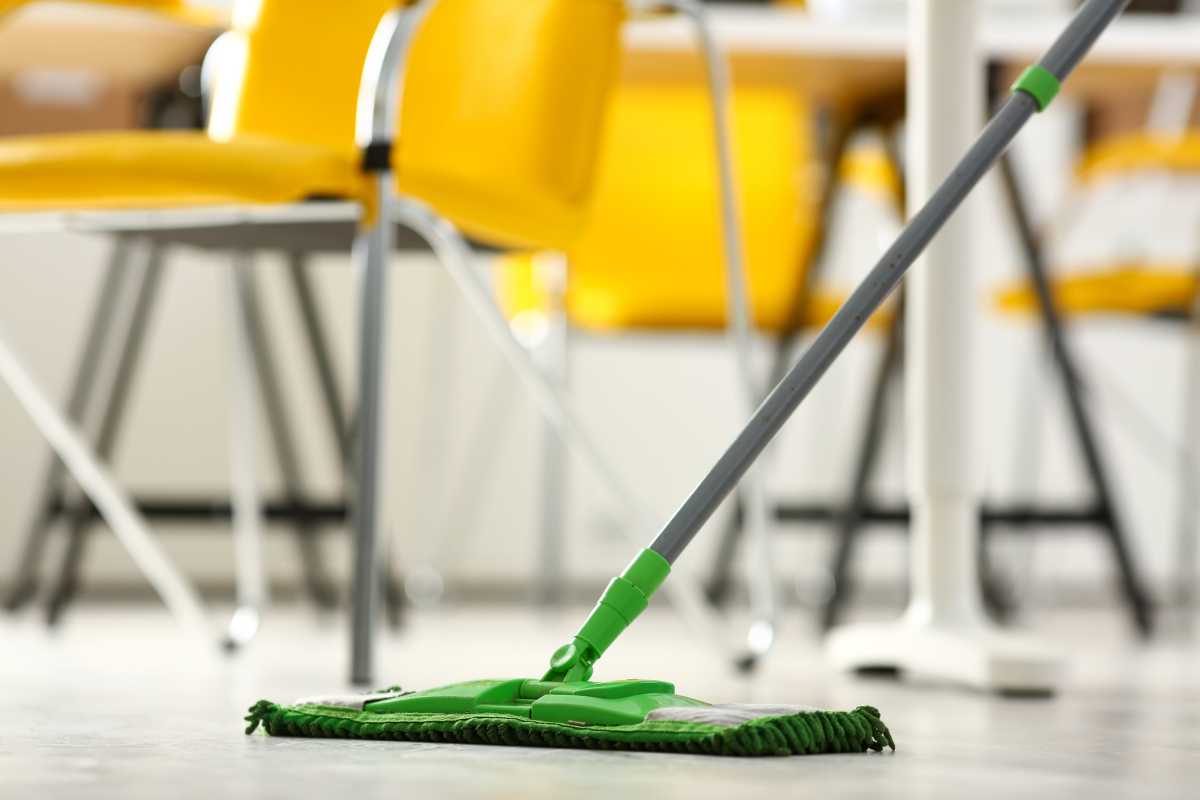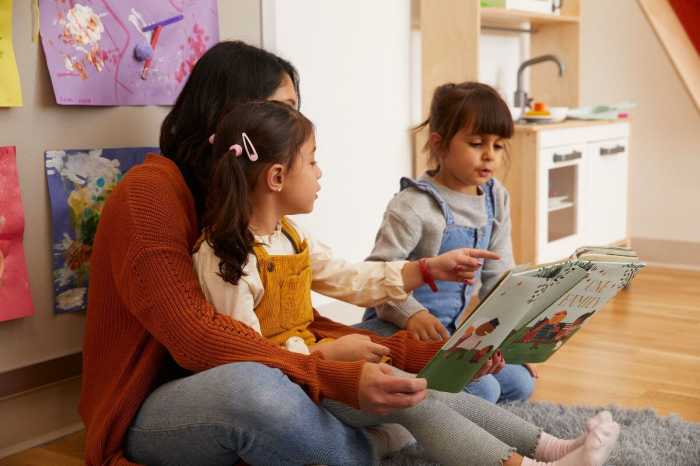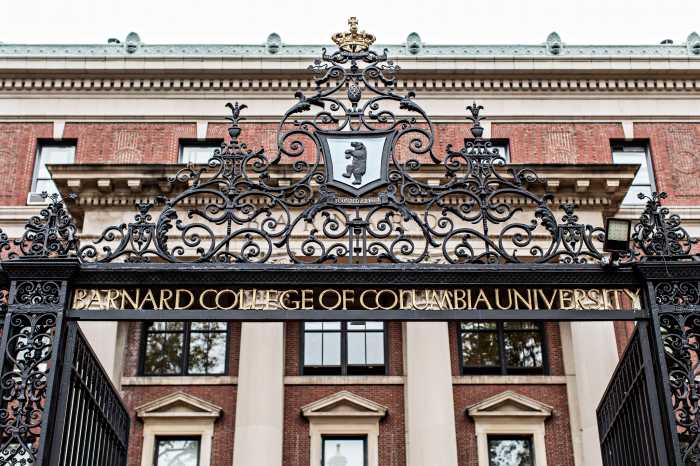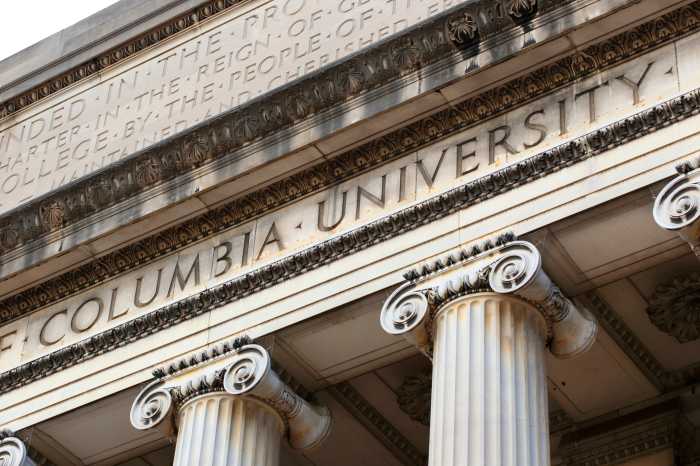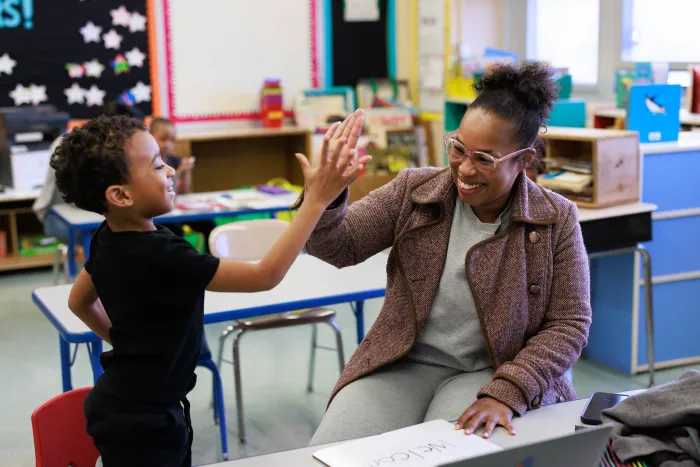At the 32BJ SEIU headquarters, a crucial event unfolded as school cleaners and handypersons from across the five boroughs convened to commence labor contract negotiations. This gathering, representing over 5,000 workers responsible for maintaining cleanliness and safety in more than 1,300 public schools, marked the initiation of discussions aimed at securing their future welfare.
With their current collective bargaining agreement set to expire on June 30, the school cleaners have articulated their demands, notably emphasizing the necessity for an enhanced pension benefit. This provision aims to afford these diligent workers the opportunity to retire with dignity after dedicating themselves to ensuring a safe and hygienic learning environment for the youth of New York City.
“Our schools members keep our schools clean and safe places for New York’s kids to learn. It comes with a lot of responsibility. But it’s one I don’t take lightly,” said Anthony Ortolano, NYC Schools Handyperson and 32BJ bargaining committee member. “As a handyperson, I need to be ready to tackle everything from repairing tiling, addressing plumbing problems to fixing electrical issues. It can be tough but it is also very rewarding. At the end of the day, I take a lot of pride in my job because I know I am contributing to the future of our city.”
The wage and benefit standards integral to the NYC School Cleaners’ labor contract are governed by prevailing wage law. These cleaners are employed by the non-profit New York City School Support Services, a subsidiary formed in 2016 by the NYC Department of Education. The prevailing wage and benefit standards, crucial to their livelihoods, are delineated by the 2023 master commercial contract agreement between 32BJ SEIU and the Realty Advisory Board on Labor Relations.
The responsibilities of NYC school cleaners extend far beyond routine tasks. They conduct extensive deep cleaning and maintenance activities, encompassing gymnasiums, painting, furniture repair, and a multitude of other essential duties. Their efforts are particularly arduous during the summer months as they prepare for the return to school, often laboring in sweltering conditions without adequate air conditioning.
The challenges faced by 32BJ school members have been exacerbated by grueling workloads and understaffing, exacerbated by the COVID-19 pandemic. Despite the risks posed, these essential workers, including those with pre-existing health conditions, persevered in their duties, recognizing the critical importance of their role to the public, students, teachers, staff, and the city at large. They adapted to extraordinary circumstances, transforming schools into vital hubs for food distribution and COVID-19 testing, all while adhering to rigorous sanitization protocols — all at considerable personal risk.
Under their current contract, NYC public school cleaners receive $29.90 per hour, while handypersons earn $32.62 per hour. Additionally, they benefit from employer-paid family health insurance, paid vacation, sick leave, and a retirement pension. Furthermore, they have access to invaluable free legal, education, and training services, facilitating ongoing professional development and the acquisition of essential skills.
As negotiations unfold, 32BJ strike captains are mobilizing workplaces in a unified effort to secure a contract that duly acknowledges the indispensable contributions of these essential workers. Their unwavering dedication and commitment amidst unprecedented challenges underscore the pivotal role they play in New York City’s ongoing recovery and resilience.
“School cleaners ensure that New York’s spaces for learning remain clean and safe,” said Shirley Aldebol, Vice President and head of the Public Schools Division at 32BJ SEIU. “From transforming school buildings into badly-needed resource centers during COVID-19 to preparing these spaces for reopening, school cleaners have stepped up for this city and its kids. Their sacrifices and hard work demand a pension plan that allows them to retire with dignity.”
“As the folks who have cared for NYC’s kids and kept their spaces of learning safe and clean for decades, we have a right to retire with dignity. We should not spend our retirement working odd jobs because our bills are too high and our pensions can’t keep up with the rising cost of living,” said Donna Perez, NYC Schools Handyperson and 32BJ bargaining committee member.
Read more: New School Safety Protocols in NYC



